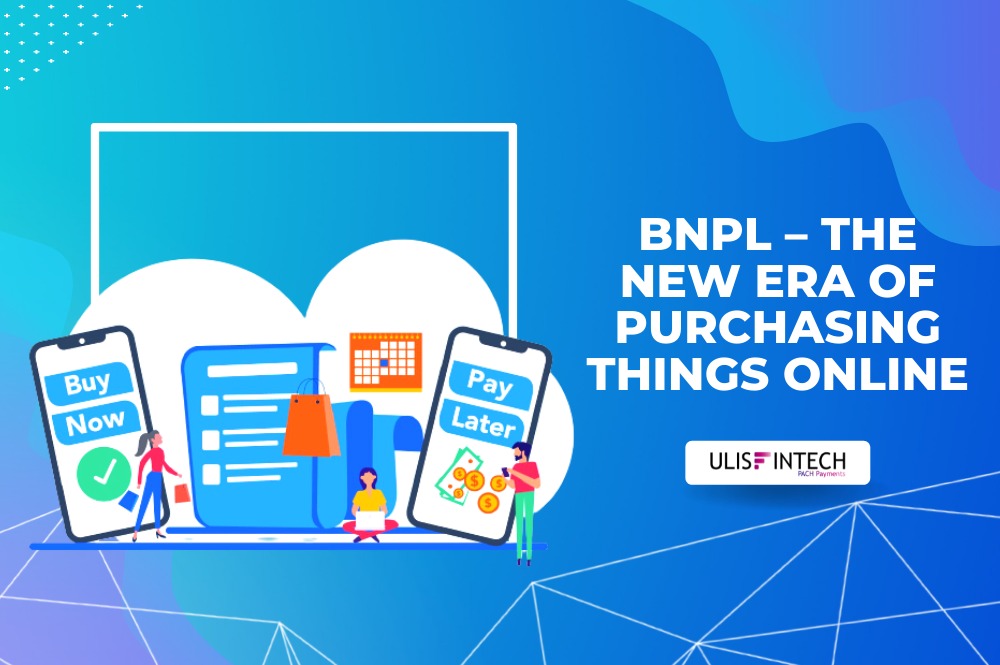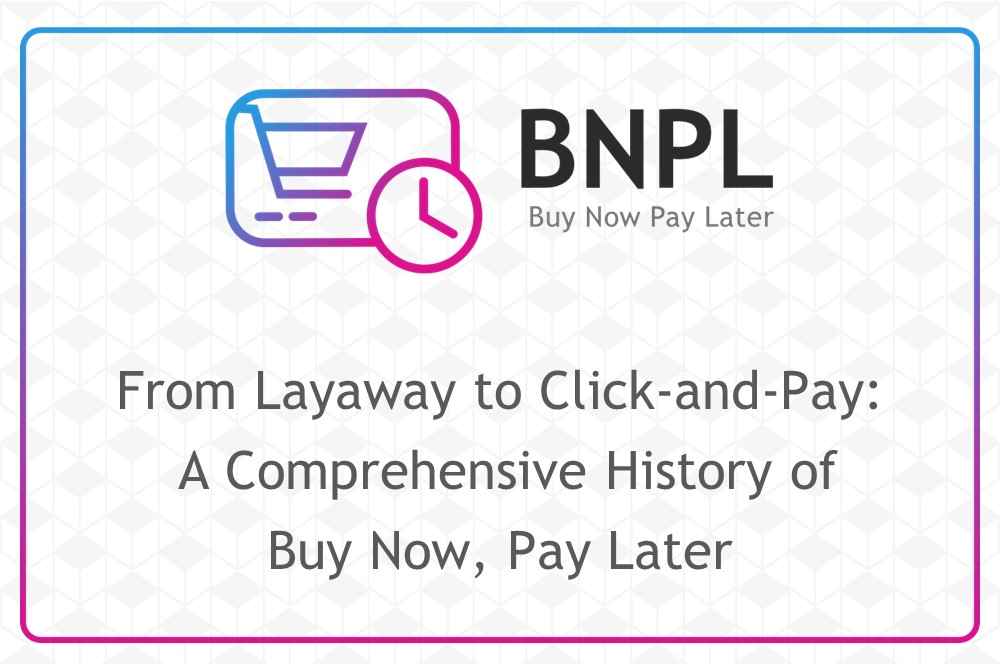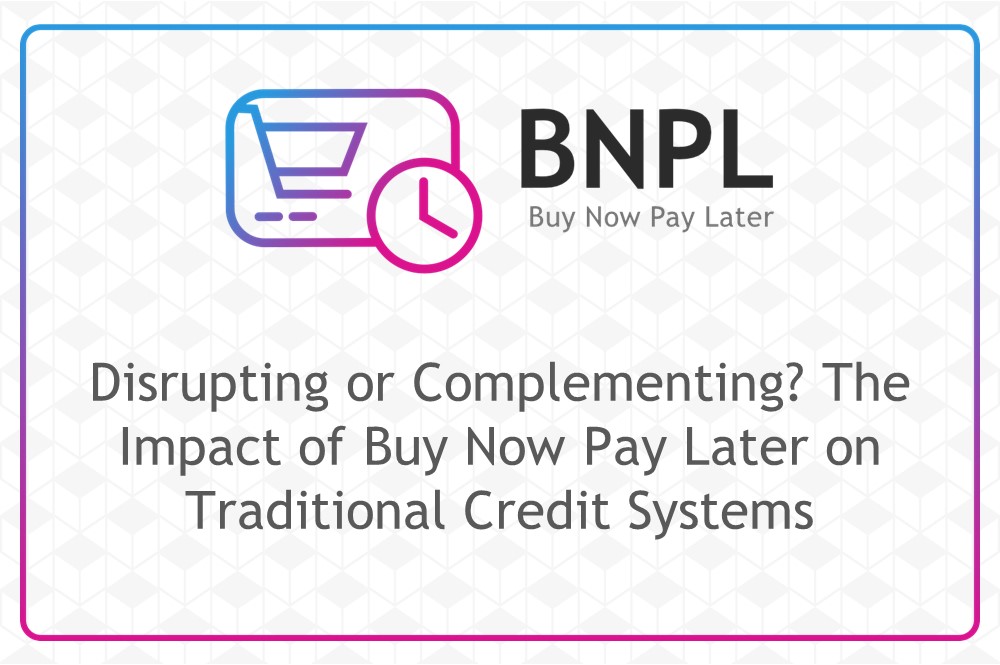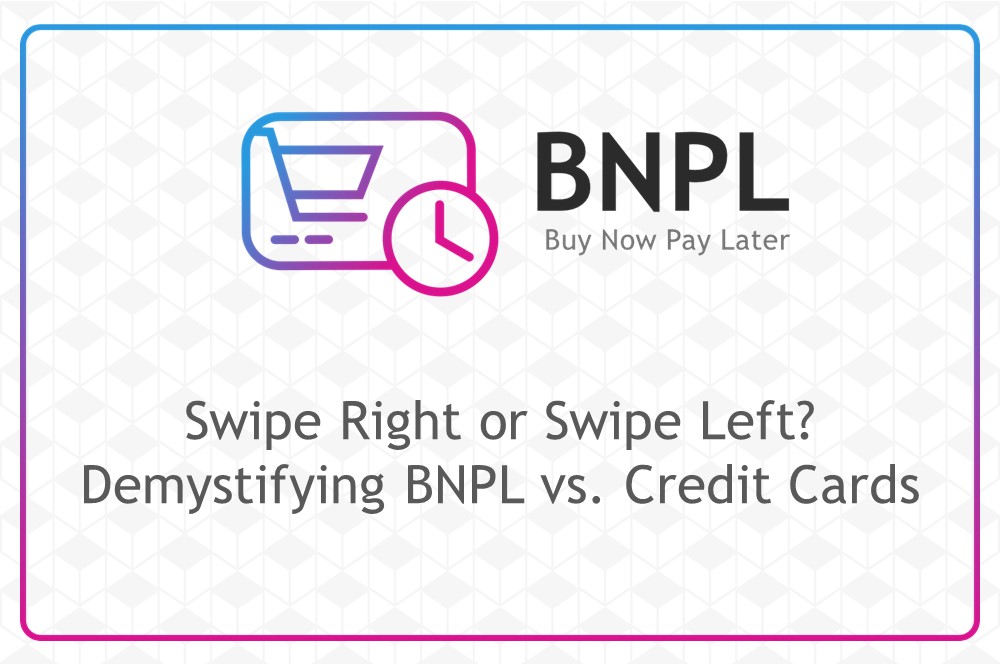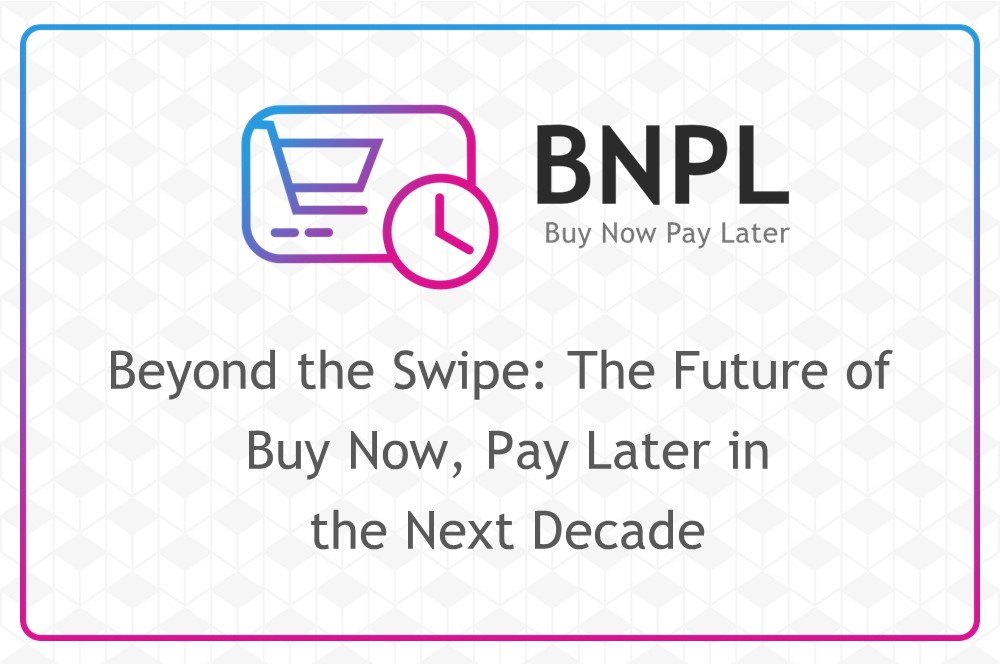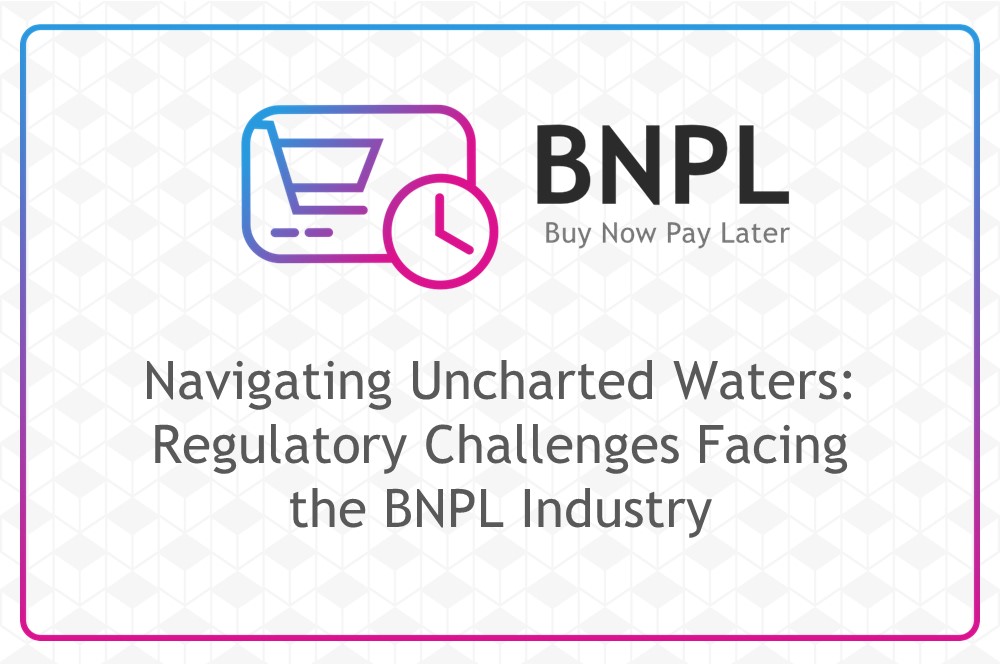Buy Now, Pay Later for a Greener Future: How BNPL Can Support the Circular Economy
Jun 19, 2025 - 2 MINS READ
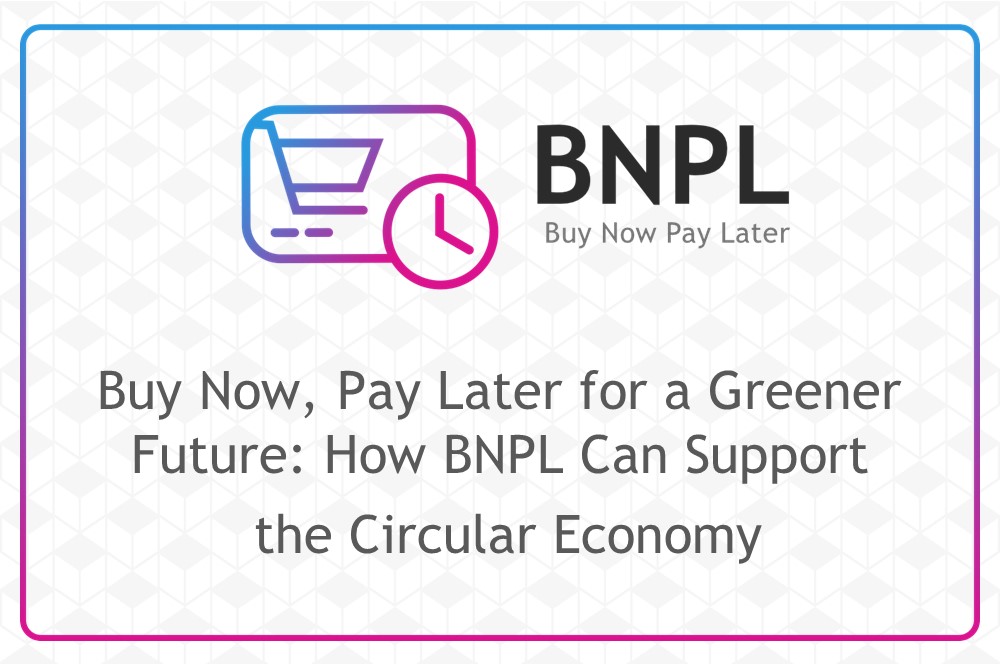
The linear "take-make-dispose" model of consumption is reaching its ecological breaking point. The circular economy, which prioritizes resource recovery and product lifecycles, offers a more sustainable alternative. But how can we incentivize consumers to embrace pre-owned and refurbished goods? Enter Buy Now, Pay Later (BNPL), a financial technology (fintech) innovation that might seem like an unlikely partner in sustainability. Surprisingly, BNPL can play a crucial role in supporting the circular economy, encouraging responsible consumption and extending the life of products.
Unlocking the Potential of Pre-Owned Goods:
BNPL offers several advantages for promoting the circular economy:
-
Financing Pre-Owned Purchases: BNPL can make pre-owned and refurbished goods more accessible by facilitating their purchase with flexible payment options. This can incentivize consumers to choose sustainable alternatives to new products.
-
Extending Product Lifecycles: By making it easier to afford repairs and maintenance, BNPL can encourage consumers to extend the lifespan of existing products instead of resorting to immediate replacements.
-
Boosting Second-Hand Marketplaces: Integrating BNPL into second-hand marketplaces can attract a wider range of customers, leading to increased sales and a more vibrant circular economy ecosystem.
Fostering Responsible Consumption:
BNPL can also nudge consumers towards more mindful shopping habits:
-
Conscious Budgeting: The need to manage BNPL installments can encourage consumers to prioritize needs over wants and make more conscious purchasing decisions.
-
Value Over Price: BNPL can shift the focus from upfront cost to long-term value. This might incentivize consumers to choose high-quality, durable pre-owned items over cheaper, disposable products.
-
Combating Fast Fashion: By promoting the affordability of pre-loved clothing, BNPL can discourage impulsive fast fashion purchases and encourage more sustainable wardrobe choices.
Considerations and the Road Ahead:
However, for BNPL to truly support the circular economy, some obstacles need to be addressed:
-
Sustainability Standards: Ensuring transparency about the quality and condition of pre-owned products offered with BNPL is crucial to maintain consumer trust and promote responsible buying.
-
Environmental Impact Assessment: Evaluating the environmental impact of BNPL-driven consumption across various product categories is important to ensure its overall sustainability benefits.
-
Collaboration for Innovation: Collaboration between BNPL providers, second-hand marketplaces, and sustainability organizations can foster innovation in financing models and promote responsible practices within the circular economy.
Conclusion
BNPL's role in supporting the circular economy might seem counterintuitive. However, by promoting access to pre-owned goods, encouraging responsible consumption, and fostering a more sustainable mindset, BNPL can become a surprising ally in the fight against waste. With careful planning, collaboration, and a focus on environmental responsibility, BNPL has the potential to move us closer to a truly circular future where mindful consumption and resourcefulness become the norm. As consumers become more environmentally conscious, BNPL can evolve from a financing tool to a driver of sustainable shopping habits, shaping a future where "buying now" doesn't come at the cost of our planet's well-being.
